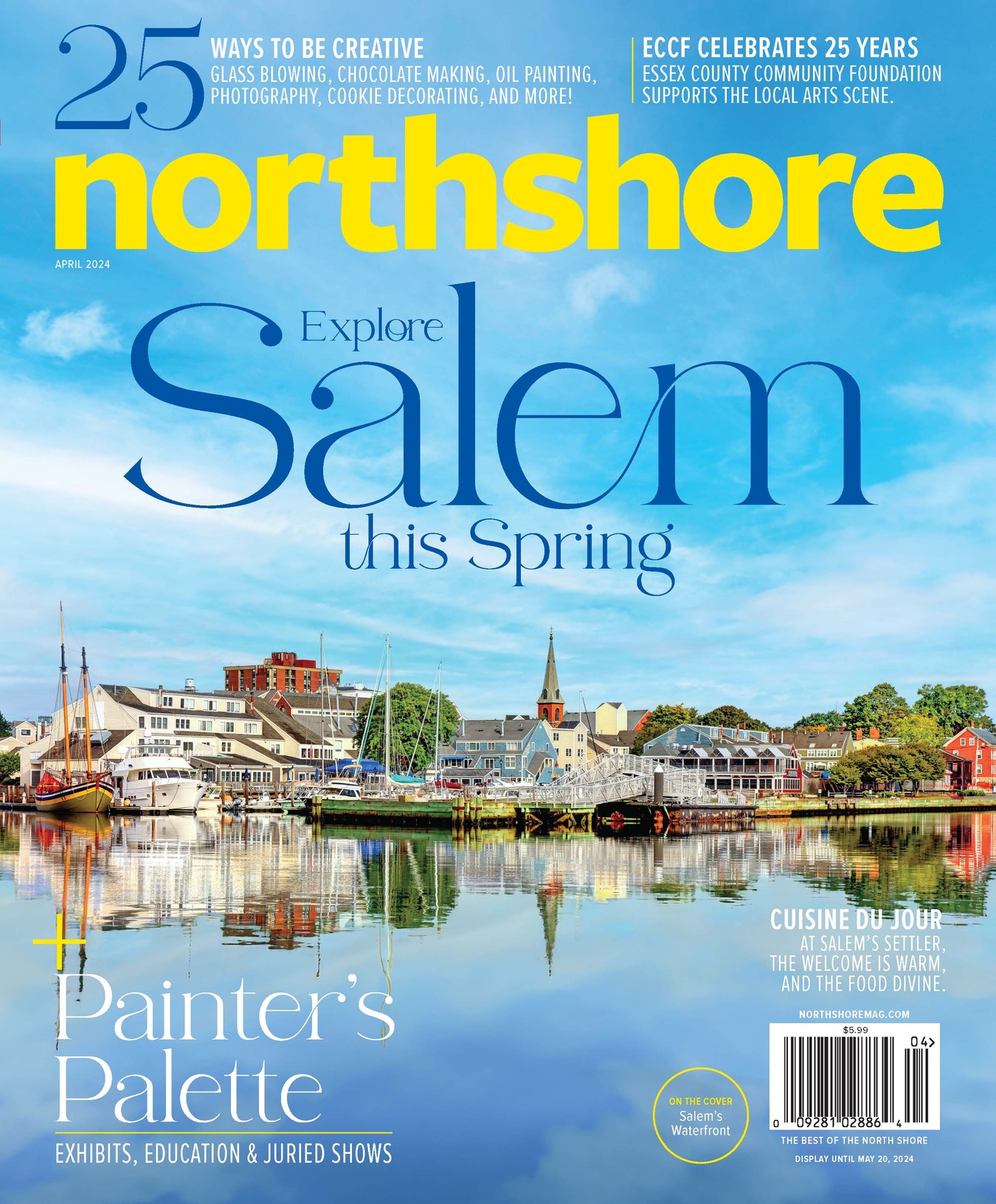Gloucester resident Phoebe Potts turns real-life matters into comic fodder in her debut graphic book. By Regina Cola
“I love telling stories in which I’m the star and that make people laugh,” says Phoebe Potts. She also loves drawing, the incomparable light of her adopted Gloucester, and the gutsy way stand-up comedians bare their souls.
“People like Kathy Griffin, Margaret Cho, and Chris Rock push the limits; I love that honesty,” she says of her stand-up inspirations. “I’m a huge complainer; nothing is off limits.”
We see the “huge complainer” wrestling with her passions on every page of her new graphic book, Good Eggs (New York: HarperCollins, 2010). The title, a bittersweet pun, hints at some of the subject matter inside, including the struggle for Potts and her husband to conceive a child. Serious, observant, heartfelt, and hilarious, Potts’s memoir is a picture book for readers.
“I had done all these drawings of people in my life,” says the 40-year-old fine arts-trained first-time author. “A writer friend encouraged me to get them published. Another mentor responded to my stories about my husband’s and my struggles to conceive. No one had written about fertility treatments with honesty and with humor.”
Good Eggs will have special appeal for couples undergoing fertility treatments, but in 248 pages of black- and-white comic strip images, Potts takes on far more. She deftly addresses the education of American women in 2010; the nourishing, exasperating, ever-changing, never-changing nature of family ties; the crippling darkness of depression; making art versus holding down a “soul-shrinking, all-for-the-benefits job”; the discovery of religious faith and community; and the fragility of self-esteem. Lovingly, she honors the primary importance of friends, therapists, hairdressers, a friendly local coffee shop, a supportive husband, and a cat with an inner life and an outsized personality.
and-white comic strip images, Potts takes on far more. She deftly addresses the education of American women in 2010; the nourishing, exasperating, ever-changing, never-changing nature of family ties; the crippling darkness of depression; making art versus holding down a “soul-shrinking, all-for-the-benefits job”; the discovery of religious faith and community; and the fragility of self-esteem. Lovingly, she honors the primary importance of friends, therapists, hairdressers, a friendly local coffee shop, a supportive husband, and a cat with an inner life and an outsized personality.
“The publishing world was ready for a female comic artist, and especially on this subject,” Potts says. She describes the factors that led to its publication as a “perfect storm,” an apt term for a Gloucester writer whose time has come.

